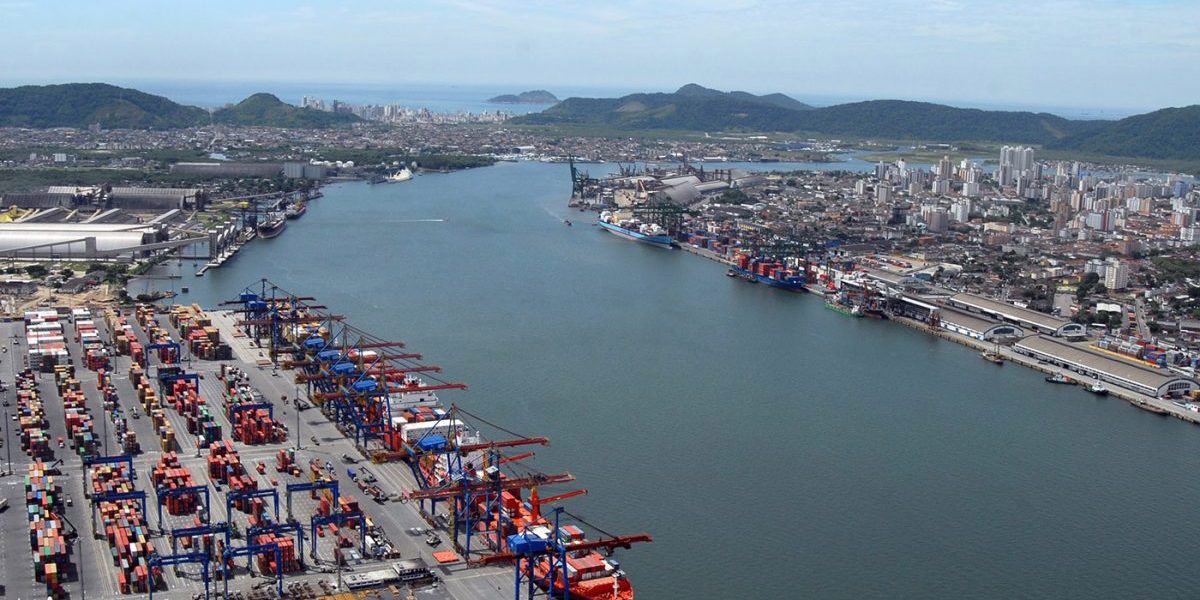Countdown to MEPC 80: Brazil makes case for well-to-wake approach
Brazil has urged the IMO to consider a well-to-wake approach when calculating greenhouse gas (GHG) emissions from marine fuels and devise guidelines for lifecycle assessments (LCAs) of low- and zero-emission marine fuels.
 PHOTO: Aerial view of the Brazilian container port of Santos in Sao Paolo. Santos Port Authority
PHOTO: Aerial view of the Brazilian container port of Santos in Sao Paolo. Santos Port Authority
The South American nation stressed the importance of using a well-to-wake (WtW) approach to gauge marine fuels' true emissions. WtW calculates the total amount of carbon dioxide (CO2) released throughout the production, distribution and consumption of fuel on vessels.
A WtW approach “allows a more comprehensive description of sectoral emissions,” Brazil said in a proposal it has submitted to the IMO’s 80th Marine Environment Protection Committee (MEPC) meeting, which starts in two weeks. This will help “avoid inaccurate conclusions” that result from a tank-to-wake (TtW) approach, it said.
Considering only TtW emissions can distort the climate impact of alternative marine fuels, since some fuels have "sizeable upstream production emissions or offsets (such as carbon capture)," Brazil argues.
It claims that a WTW approach will encourage use of "conventional biofuels" as alternatives to meet IMO’s GHG reduction targets rather than only “advanced biofuels”. The IEA's bioenergy arm defines conventional biofuels as those derived from sugar, starch, oil-bearing crops or animal fats, while advanced biofuels are derived from cellulose, hemicellulose or lignin.
“In the case of biofuels, the WTW analysis makes it possible to assess the production chain in its complexity,” said Brazil, the second biggest bio-ethanol producer in the world, only behind the US. It pointed out that ethanol byproducts like bagasse and vinasse can also be used to produce low-emission fuels like bio-methanol and bio-methane, and that a WTW analysis will allow biorefineries to maximise their potential.
It also recommends using a LCA methodology when assessing alternative fuels for decarbonising shipping.
In a statement during the Nor-Shipping conference, Sveinung Oftedal, chair of the IMO's GHG Working Group and chief negotiator for green shipping, indicated that the IMO would adopt LCA guidelines at the upcoming MEPC 80 meeting.
By Konica Bhatt
Please get in touch with comments or additional info to news@engine.online





